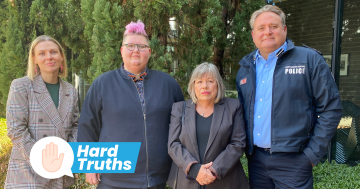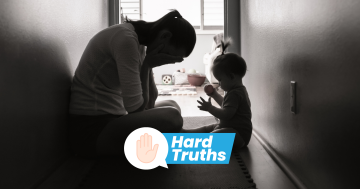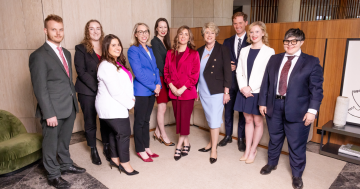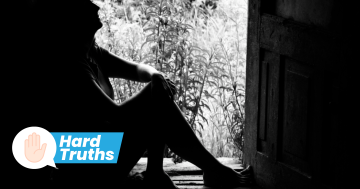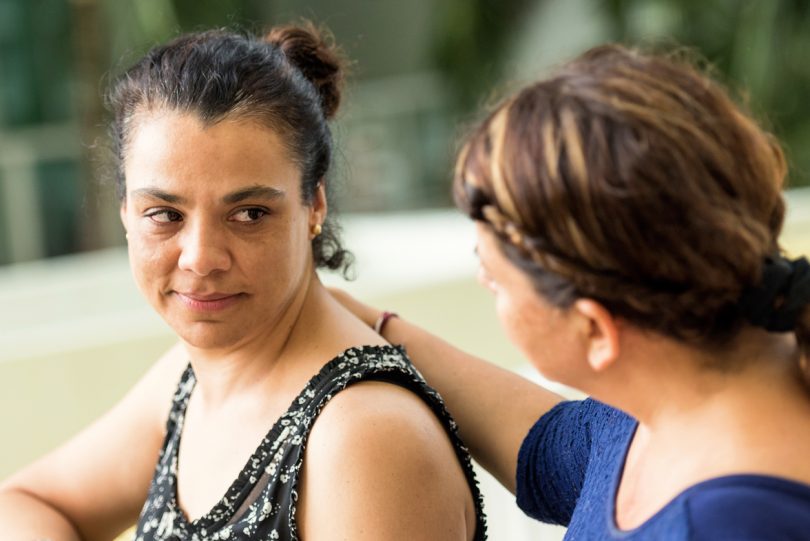
Listening without judgment is very important in supporting friends or family members in a violent relationship.
Have you ever wondered how you might support someone experiencing family or domestic violence? Not sure what to do or say? Should you call police or speak to the person using violence?
It can be incredibly confronting and unsettling to find out someone you love or work with is experiencing violence within their relationship, but how you respond to that disclosure is incredibly important. We do know that most people who are impacted by violence and abuse will first turn to family or friends.
Above all, it is important you listen without judgment. Really listen, let them speak. Acknowledge their words. Say things like “Thank you for sharing that with me” or “That must have been really hard” or “This must be really difficult for you to share”. They are probably feeling embarrassed, scared and frightened, or anxious, so they need your reassurance, not your judgment.
People who experience violence within their relationships are not to blame. Therefore asking questions like “Why haven’t you left them?” or “Why has it taken you so long to do anything about it?” is often unhelpful and, really, doesn’t provide any solutions anyway.
Many people in violent and abusive relationships don’t want the relationship to end, they want the violence and abuse to stop. There are a variety of reasons for this, and at the Domestic Violence Crisis Service (DVCS), they respect people’s wishes to remain in the relationships. They have safety based conversations with people who have stated that their wish is to stay in the relationship. With this in mind, DVCS suggests avoid putting down the person who uses violence. Your friend or loved one may feel protective of the person using violence, and they may still feel love and commitment to the relationship. Absolutely DO NOT suggest that you or someone else “have a word” with the person using violence. This will only put yourself and your friend or family member (and any children) at further risk.
On average it takes more than one attempt to leave a violent relationship. In fact, it often takes about eight attempts – so you might find yourself supporting someone for months, even years before they actually make the decision to leave. You might find they leave and then return to the relationship. Regardless of what happens, it is important to remain available to your friend or family member and know that it could take a long time before they are ready to take the next step.
It is important you don’t tell your friend or family member what to do. They need to be supported to make their own decisions. We encourage you to provide them with information. DVCS encourages you to support the decisions they make. But where to find that information?
The DVCS website is a great place to start. You are also welcome to call DVCS, 24/7 on 6280 0900. You are welcome to call reverse charges and you don’t have to give them your name. DVCS often speaks to people who are unsure how to support someone, or unsure how to approach the subject.
Do you feel more confident on how to handle a disclosure of a friend or family member who might be experiencing violence within their relationship?













